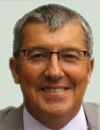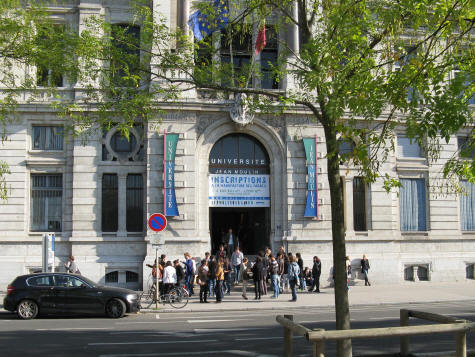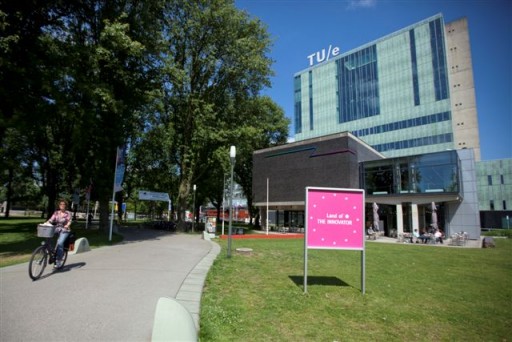Shinji Hasebe
Kyoto University, Japan
Professor,
PSE Lab., Department of Chemical Engineering
Message
 From Micro-Chemical Plants to Global Environmental Problems
From Micro-Chemical Plants to Global Environmental Problems
Process Systems Engineering (PSE) is a research area where the
systematic methodologies for realizing innovative production systems are
investigated.
Our group covers all aspects of design, operation, control, planning, and logistics for process industries.
Office
Room 124, A4 building, Katsura Campus
Tel: +81 75 383 2667
Fax: +81 75 383 2657
e-mail:
![hasebe [at] cheme [dot] kyoto-u [dot] ac [dot] jp](http://www-pse.cheme.kyoto-u.ac.jp/members/hasebe/img/mail.gif)
Address
Department of Chemical Engineering
Kyoto University, Katsura Campus
Nishikyo-ku, Kyoto 615-8510
Japan
Academic Qualifications 1984, Doctor of Engineering, Kyoto University
1978, Master of Engineering, Kyoto University
1976, Bachelor of Engineering, Kyoto University
Academic Employment 2003- Professor
Department of Chemical Engineering, Kyoto University
1993-2003. Associate Professor
Department of Chemical Engineering, Kyoto University
1989-1993. Lecturer
Department of Chemical Engineering, Kyoto University
1981-1989. Instructor
Department of Chemical Engineering, Kyoto University
Professional Membership Member, The American Institute of Chemical Engineers
Member, The Society of Chemical Engineers, Japan
Board Member (2009.3 - )
Chairman of Division of Systems, Information and Simulation Technologies (2008.4 - 2010.3)
Member, The Institute of Systems, Control and Information Engineers (Japan)
Board Member (2008.5 - )
Member, The Operations Research Society of Japan
Member, The Society of Instrument and Control Engineers
Member, Society for Chemistry and Micro-Nano Systems, Japan
Member of Scheduling Society of Japan
President (2008.9 - )
Research Topics Scheduling and Supply Chain Management
Synthesis of Ecological Processes
Synthesis of Distillation Systems for Energy Conservation
Optimal Design and Operation of Micro Chemical Plants
Dynamic Optimization of Chemical Processes
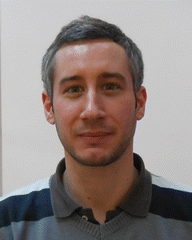
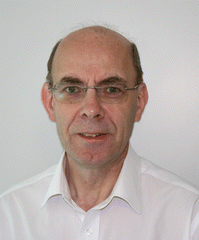
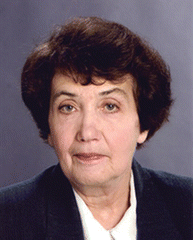
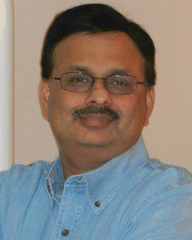

 From Micro-Chemical Plants to Global Environmental Problems
From Micro-Chemical Plants to Global Environmental Problems ![hasebe [at] cheme [dot] kyoto-u [dot] ac [dot] jp](http://www-pse.cheme.kyoto-u.ac.jp/members/hasebe/img/mail.gif)



 .
.



